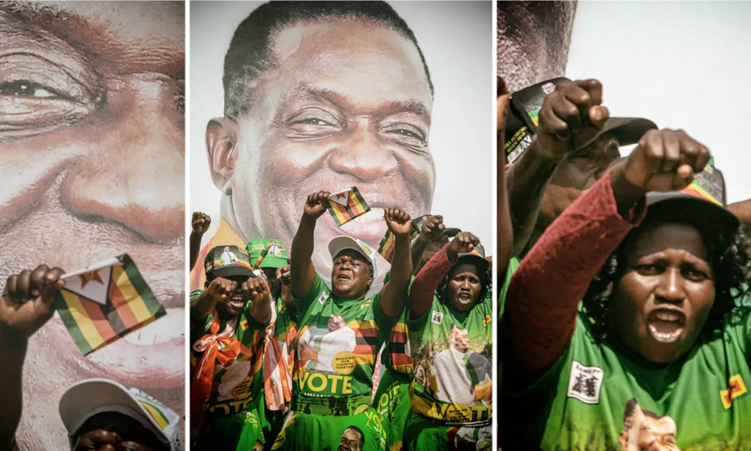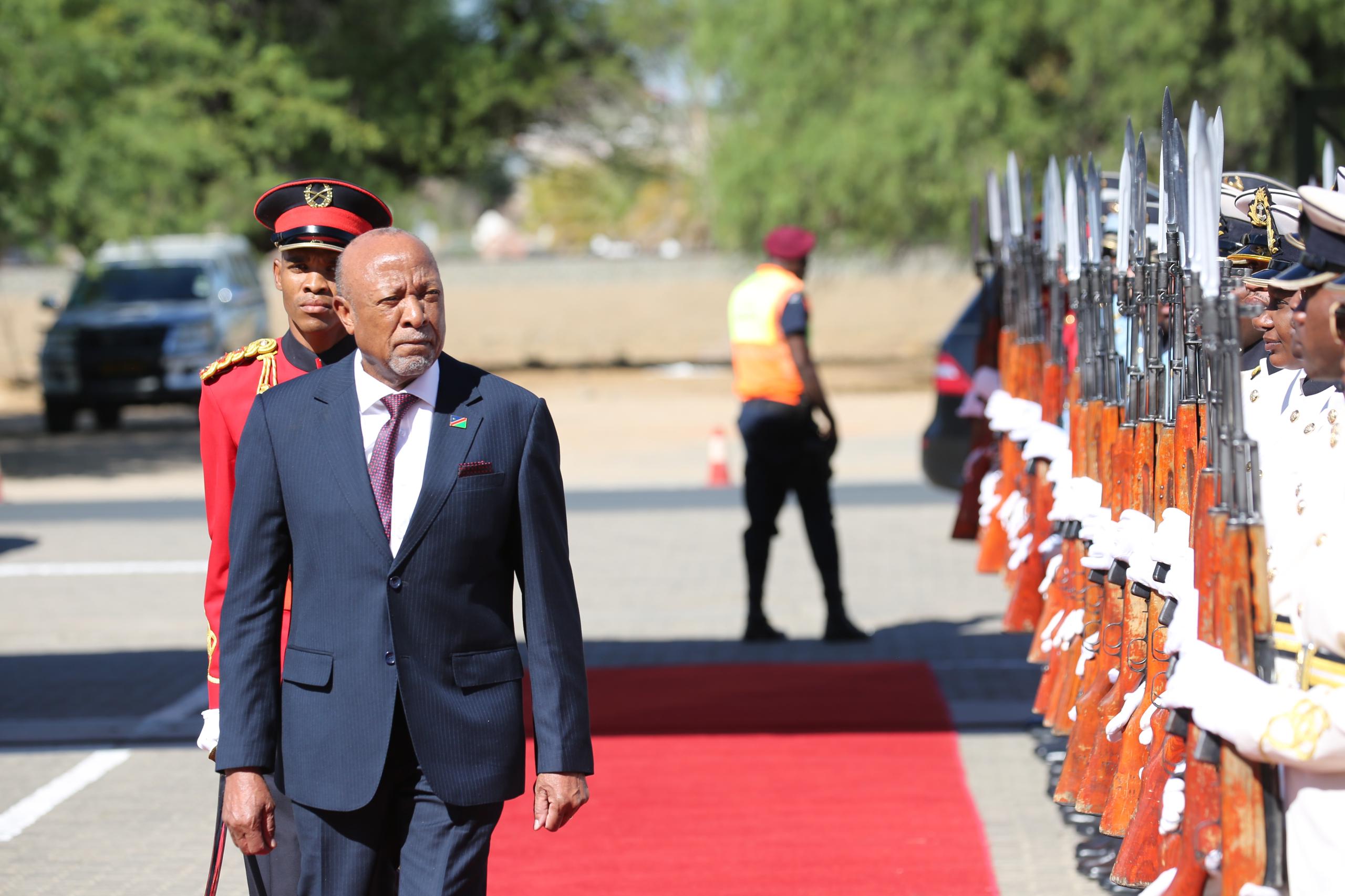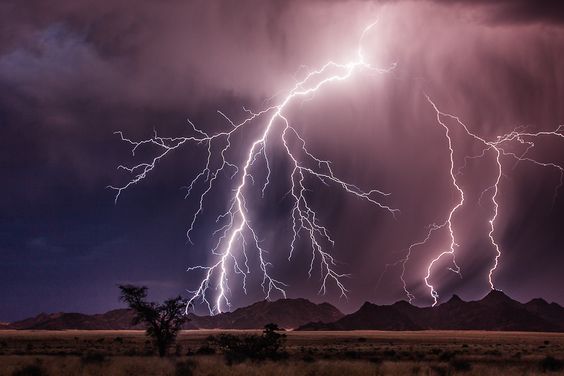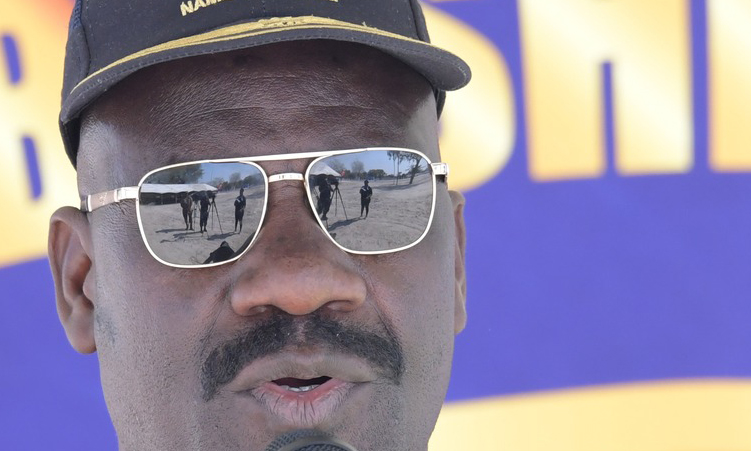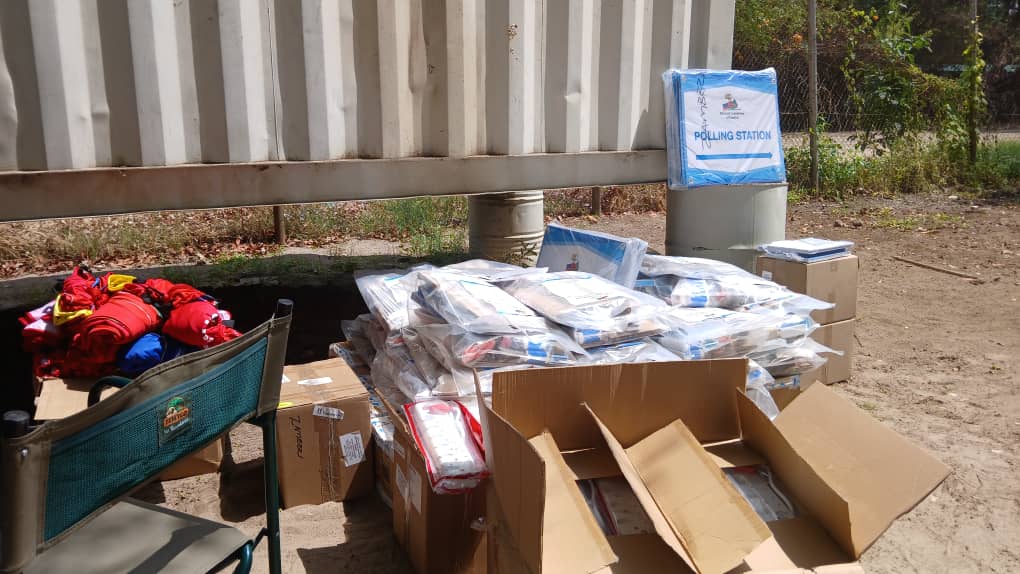The Citizens Coalition for Change isn’t challenging Zimbabwe’s election results in court, saying the ruling Zanu-PF has captured the judiciary. The party’s David Coltart has, however, compiled a lengthy file of electoral abuses.
Zimbabwe’s main opposition Citizens Coalition for Change (CCC) party, led by Nelson Chamisa, this week abandoned its court challenge to President Emmerson Mnangagwa and his Zanu-PF’s official victories in the presidential, legislative and local government elections held on 23 August.
They argued that it would have been a pointless exercise as the country’s courts are “captured” by Zanu-PF.
However, David Coltart, a lawyer and CCC senator, has given a sense of what a court challenge might have looked like, in an analysis of the many laws that Mnangagwa, Zanu-PF and the Zimbabwe Electoral Commission (ZEC) violated to achieve their official but widely disputed electoral victory.
As Coltart noted, even the Southern African Development Community (SADC), not famous for its robust defence of democracy, concluded in its election observation mission’s report that some aspects of the elections “fell short of the requirements of the Constitution of Zimbabwe, the Electoral Act, and the SADC Principles and Guidelines Governing Democratic Elections (2021)”.
The SADC observers compiled a long list of offences. Coltart’s list is even longer. Below are some of the alleged violations that Coltart claims marred the elections.
Delimitation
Section 161 of Zimbabwe’s Constitution requires all constituencies and wards to contain about the same number of voters, with a 20% deviation allowed to accommodate other factors such as geography, communication and community of interests.
But the 2022 delimitation by the ZEC violated the Constitution because it did not create new constituencies to reflect the massive drift of voters to the cities — which are opposition strongholds.
Registration of voters
Section 1 of the Fourth Schedule of the Constitution states that all citizens over the age of 18 are entitled to be registered as voters.
But the ZEC disenfranchised hundreds of thousands of voters by making no effort to register Zimbabwean citizens living abroad. The ZEC also made the registration of young urban citizens exceptionally difficult.
Access to the voters’ roll
Section 21 of the Electoral Act compels the ZEC to provide every political party and candidate with a copy of the voters’ roll “within a reasonable period of time” and in a format which enables it to be searched and analysed.
Yet the ZEC gave the CCC access to the new voters’ roll only in July, more than a month after Mnangagwa called the election on 31 May, and in PDF format, which was not searchable and analysable.
The ZEC then added 869 new polling stations and about 800,000 new voters.
So, just 10 days before the election, the CCC had to go to the Electoral Court to force the ZEC to hand over the final voters’ roll.
The Electoral Court dismissed the application just two days before the election without explanation.
By contrast, there was evidence the ZEC had given Zanu-PF access to the voters’ roll at the start of the year, even before election day had been announced.
Voters’ roll discrepancies
The voters’ roll in any case contained many names of dead people and duplicate IDs. Most disturbingly, thousands of people had been moved to new and different polling stations, often at great distances from their homes, especially in the CCC’s urban strongholds.
At least 2,150 polling stations on the voters’ roll had names which did not match the names of the polling stations published on 8 August. This affected about 1.8 million voters.
Police bias in the handling of the election campaign
The Maintenance of Peace Act (Mopa) compels political parties to notify the police of political rallies and gives the police the power to ban rallies. But the police used Mopa “prejudicially” to ban more than 92 CCC rallies, including the major launch rally of its campaign.
By contrast, there was no evidence of Zanu-PF rallies being banned.
Police bias in addressing political violence
Police ignored the many public threats of death or violence by Zanu-PF leaders and supporters against Chamisa and his supporters.
After suspected Zanu-PF thugs stoned to death CCC supporter Tinashe Chitsunge in Harare on 3 August, the Zanu-PF suspects were only charged with public violence, not murder, and were quickly released on bail.
In contrast, scores of CCC supporters arrested for relatively trivial offences, such as holding unauthorised rallies, had been denied bail.
General bias in ZEC behaviour
Sections 235 and 236 of the Zimbabwe Constitution state that the ZEC must be “independent … and not subject to the direction or control of anyone”; must exercise its functions “without fear, favour or prejudice”; and must not “further the interests of any political party or cause”.
Yet the ZEC’s conduct was generally “biased, illegal and discriminatory”.
Nomination fees
Just before the elections, the ZEC dramatically increased the nomination fees for MP candidates, from US$50 to US$1,000 and for presidential candidates, from US$1,000 to US$20,000. This clearly prejudiced those parties, including the CCC, which do not have the same access to state resources as Zanu-PF. The CCC had to raise more than US$238,000 to nominate all its candidates.
The ZEC also allowed clearly unauthorised, fraudulent candidates to be nominated in the name of the CCC in more than 20 parliamentary constituencies and local government wards, especially in Harare and Bulawayo. The Electoral Court rejected the CCC’s challenges to these nominations “on spurious grounds”.
Bias of the courts
Section 164 of the Constitution, requires the courts to be “independent and subject only to this Constitution and the law, which they must apply impartially, expeditiously and without fear, favour or prejudice”.
Yet the courts were generally biased in handling the elections. For instance, a Bulawayo High Court judge — “with close family links to a senior Zanu-PF leader in Matabeleland” — nullified the nomination of 12 CCC MP candidates in Bulawayo on the basis of applications brought by Zanu-PF using “surrogate” applicants and on the verifiably false ground that their nominations had been late. Though this judgment was later overturned on appeal, it tied up the CCC candidates in litigation.
Read more in Daily Maverick: Zimbabwe Elections 2023
A similar fate befell former Mugabe Cabinet minister Saviour Kasukuwere, who had hoped to run for president. But the nullification of his candidacy was not overturned on appeal.
The lack of independence of the judiciary was hardly surprising since media reports and a question in Parliament — none of which the government has disputed — said the government had given each judge a housing loan of US$400,000 just before the election.
Illegal late amendments to electoral law
Section 157(5) of the Constitution states that “after an election has been called, no change to the Electoral Law or to any other law relating to elections has effect for the purpose of that election”.
Yet on 20 June, the day before nomination day, the government amended section 268 of the Constitution — which had stated that all members of provincial and metropolitan councils should be women — to say they should now be both men and women. This had left the CCC and other opposition parties just one day to change their candidates.
Unfair and illegal distribution of state resources
The Political Parties Finance Act requires the state to fund political parties in proportion to the percentage of votes they received in the previous parliamentary election.
So the state duly disbursed Z$700-million to Zanu-PF. The remaining Z$300-million should have gone to the CCC’s precursor, the MDC Alliance. Instead, it was paid to Douglas Mwonzora’s breakaway MDC-T — a party with no MP candidates and eventually no presidential candidate in the 2022 election, in “flagrant violation of the Political Parties Finance Act”.
Questionable sources of election funding by Zanu-PF
The Electoral Act is remarkably restrictive, putting a low cap on campaign financing, in the interest of fairness.
So how could Zanu-PF’s extravagant campaign have been legal? For instance, Zanu-PF purchased brand-new luxury 4×4 twin-cab vehicles for each of its 210 parliamentary candidates and scores more for its party structures, estimated to cost up to US$18-million.
Zanu-PF also employed a fleet of some 400 buses and 100 trucks to ferry thousands of supporters across Zimbabwe to every rally addressed by Mnangagwa. They were fed and provided with a vast array of regalia. Millions of US dollars were spent at every rally.
Where did the money come from? Was it legal?
By contrast, the huge increase in nomination fees for MPs had severely restricted the money available to the opposition for campaigning.
Gross bias by the state media
Section 61(4) of Zimbabwe’s Constitution states that all state media must be “independent”, “impartial” and present “divergent views and dissenting opinions”.
Section 160 of the Electoral Act, obliges public [state-controlled] broadcasters to give all political parties and candidates “free access to their broadcasting services…” and says the coverage by all news media, public and private, must be “equitable”, “factually accurate, complete and fair” and “must distinguish clearly between factual reporting and editorial comment”.
Yet during the campaign, the Zimbabwean Broadcasting Corporation and the state-owned papers “consistently vilified Chamisa and the CCC; they downplayed and distorted reporting on the numbers of people attending CCC rallies”. Neither the CCC nor the opposition Zapu were given a chance to explain their manifestos.
Nor did the state media give them equal access.
Section 160K of the Electoral Act obliges the ZEC to set up a committee to monitor media coverage of the election. This was not done. If it had, “media partisanship might have been more restrained and some of the worst excesses avoided”.
Cherry-picking election observers
Section 67 of Zimbabwe’s Constitution, the preamble to the African Charter on Democracy, Elections and Governance and the SADC Principles and Guidelines on Elections, “emphasise the importance of independent observers in ensuring that elections are transparent, credible and democratic”.
Yet the ZEC placed several obstacles in the way of election observers and journalists.
On 19 August, it increased fees for foreign election observers by between 100% and 600%. These fees were arguably illegal because they were intended to prevent people from doing what the law allows them to do.
The ZEC cherry-picked observer missions and journalists. It declined to accredit people like Larry Garber of the Carter Center — apparently because of his negative comments about Zimbabwe’s 2018 elections.
It also declined to accredit journalists from Daily Maverick, the UK’s Sunday Times, The New York Times and CNN. The government deported SADC’s executive director of good governance in Africa, Chris Maroleng, and Stephen Chan, a professor of world politics at the School of Oriental and African Studies at the University of London, who was “bizarrely” accused of planning to train insurgents.
Voter intimidation
Section 134(3) of the Electoral Act makes it a crime for anyone to induce a voter to vote or not to vote for anyone, by “fraudulent device or contrivance”.
Section 147(1) of the Electoral Act makes it an offence for anyone to canvass for votes within 300m of a polling station on polling day.
The “Exit poll survey” desks set up near most polling stations on election day by a group calling itself Forever Associates Zimbabwe — who were in reality Zanu-PF officials — “flagrantly” violated these laws as they were clearly aimed at intimidating voters to vote for Zanu-PF.
Fake boycott call
Section 148 (2) of the Electoral Act makes it illegal to publish a false statement about the withdrawal of a candidate from that election.
The distribution of tens of thousands of flyers on the night before elections, bearing the CCC’s insignia and saying, “DO NOT VOTE — ELECTION IS RIGGED — ELECTION IS STOLEN” violated this law because they were clearly designed to trick CCC supporters into believing that Chamisa had withdrawn from the election and so they should not vote. Many voters were conned. Only Zanu-PF had the resources to print and distribute the flyers.
‘Orchestrated chaos’ and delays in starting the election
Section 155 (2) (b) and (c) of the Constitution says the state must ensure every citizen eligible to vote “has an opportunity to cast a vote” and that all political parties and candidates “have reasonable access to all material necessary for them to participate effectively”.
Section 236 (1) (a), (b) and (c) requires the ZEC not to further the interests or prejudice the interest of any political party.
The ZEC violated these laws by failing to distribute ballot papers to many constituencies in Harare, Bulawayo and Manicaland — all provinces where CCC has significant support — in time for voting to start at 7am on 23 August. In some constituencies, voting only began as late as 8pm that evening.
“Arguably, thousands of people were deterred from voting in these constituencies.”
Unlawful arrests of civil society election workers
Section 66 A of the Electoral Act makes it an offence for anyone to announce the result of an election as true or official before an electoral officer has done so.
But subsection 3 of that section also explicitly states that it is not illegal for anyone to report the number of votes received by a candidate or political party in an election, based on polling station returns and constituency returns from the election concerned.
The Zimbabwe authorities had ignored subsection 3 on election night by illegally arresting 43 civic society workers, most working for or with the Zimbabwe Electoral Supervisory Network and the Election Resource Centre, at the Holiday Inn in Harare, on allegations that they had breached section 66 A of the Electoral Act.
The civil society workers were planning to publish the official results from each polling station to ensure they were not manipulated further along the chain — which was perfectly legal.
This, in short, was clearly not a free, fair and credible election. DM
Stay informed with The Namibian – your source for credible journalism. Get in-depth reporting and opinions for
only N$85 a month. Invest in journalism, invest in democracy –
Subscribe Now!


